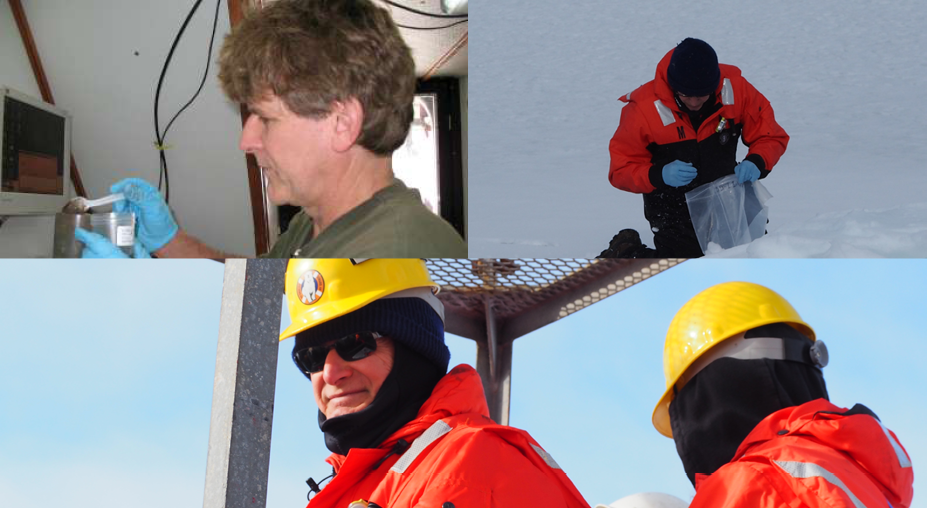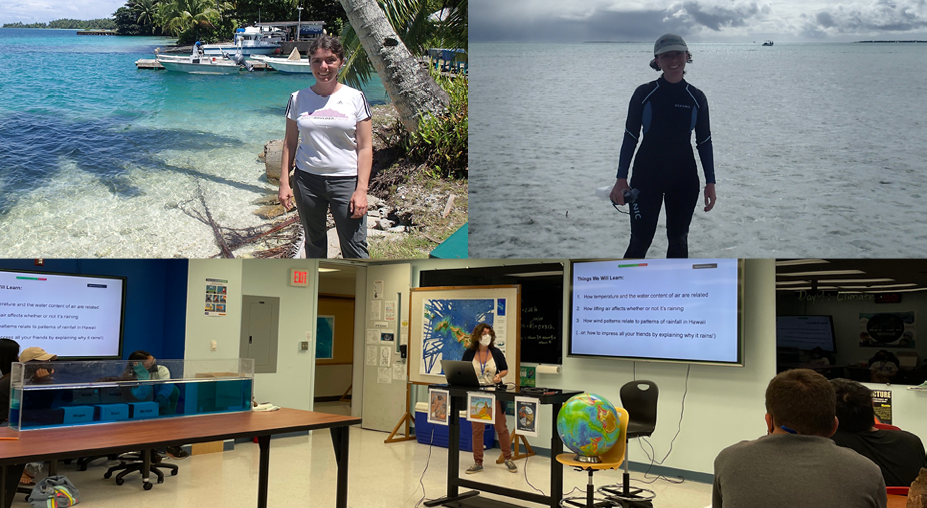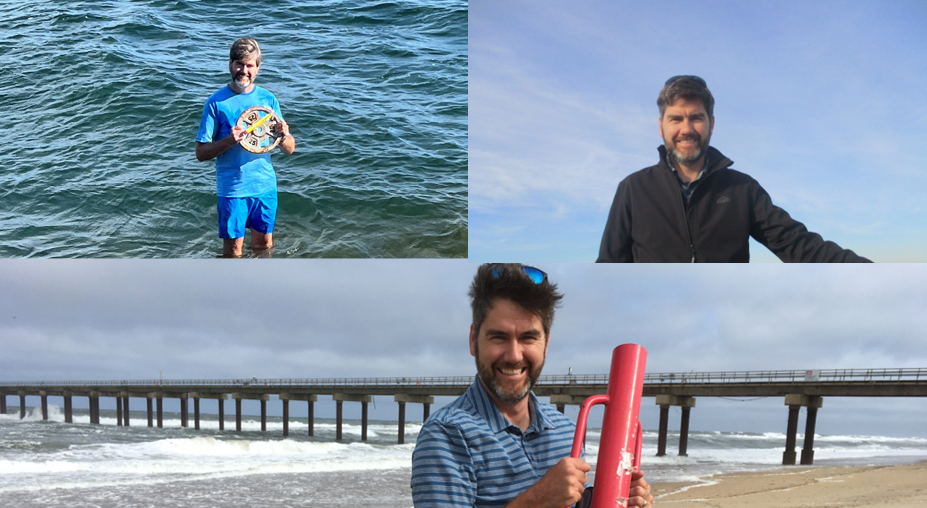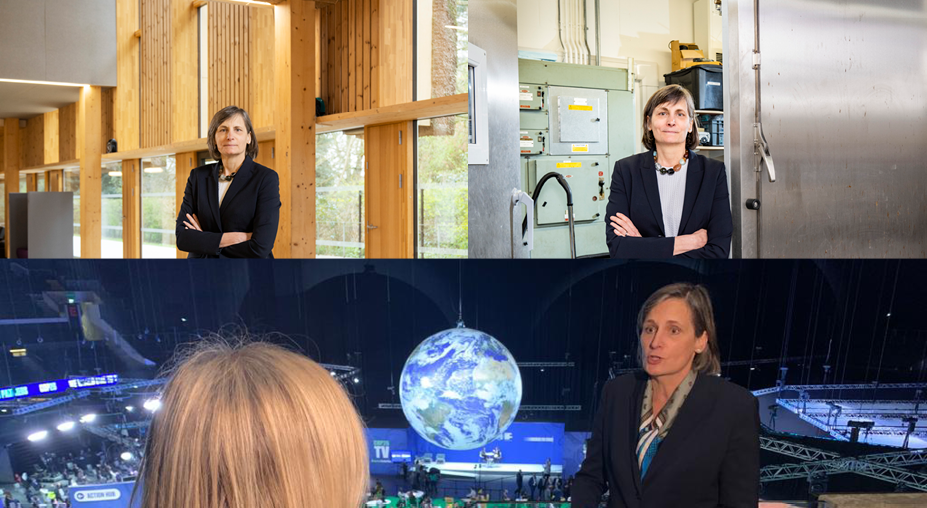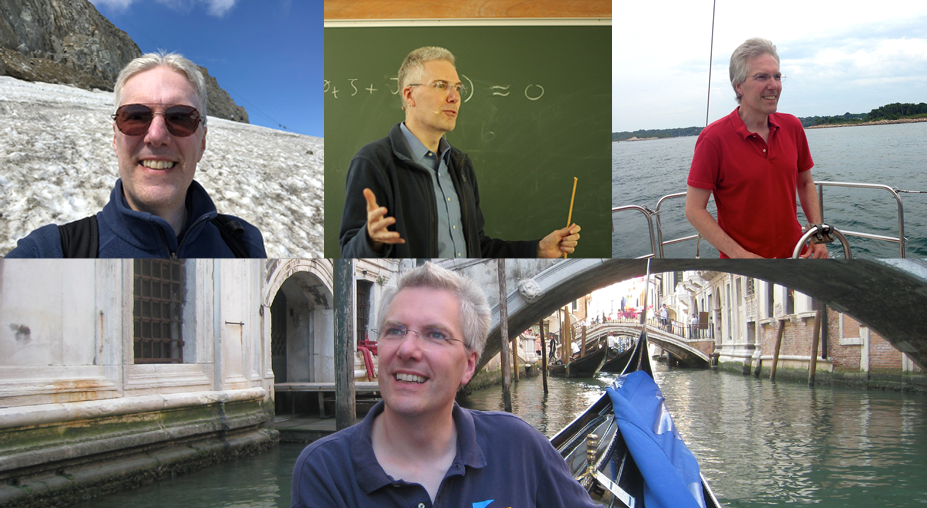Ocean Sciences Section Honorees
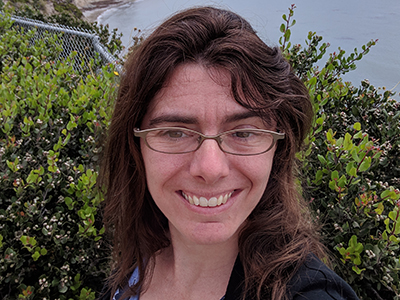
Citation
As the recipient of the 2022 Ocean Sciences Early Career Award, Samantha Stevenson is recognized for her uniquely diverse and substantive contributions to climate and ocean science. Working at the frontiers of several fast growing and highly interdisciplinary subfields of climate science, Sam has honed a tool kit that combines well-established methods and approaches with those that she has evolved through her research. Much of her work has focused on tropical climate variability, specifically the El Niño–Southern Oscillation (ENSO), dating her to the earliest papers highlighting the challenges of detecting anthropogenic shifts in ENSO properties. Long an advocate of leveraging paleoclimate data and approaches in climate research, Sam’s research accomplishments amount to a master class in the creative and strategic application of paleoclimate assets to the most challenging questions in climate science. Indeed, Sam is a shining example of a certain breed of scientist: one who dreams big, and then chips away at a problem from multiple angles until measurable progress is achieved. She is equally fluent in the more technical aspects of model development, advanced statistical techniques, and paleoclimate data interpretation. Perhaps not surprisingly, her papers are uniquely well rounded presentations of her findings, packaged with a clarity and comprehensiveness that make them relevant to the vast majority of the climate community, from oceanographers to Earth system modelers to paleoclimatologists. Working on regional to global scales, and from seasonal to millennial timescales, Sam has displayed remarkable versatility in her ability to deliver new insights about tropical climate and its role in the global climate system. She has been, and continues to be, a treasured member of several large teams of interdisciplinary researchers, and her early successes in mentoring the next generation of scientists are already apparent. Intellectually fearless, Sam is asking all the right questions and is succeeding where many a scientist has failed. Through the rigor and breadth of her vast research activities and accomplishments, she has already left an indelible mark on her chosen subfield. By contributing fundamental advances to our understanding of tropical climate dynamics, Sam has delivered unique and lasting benefits to society.
—Kim Cobb, Institute at Brown for Environment and Society, and Department of Earth, Environmental, and Planetary Sciences, Brown University, Providence, R.I.
Response
Thank you, Kim, for the citation, and thanks as well to my letter writers and to the AGU Ocean Sciences section. I am extremely excited to receive this award and to follow in the footsteps of the previous award recipients.
The most exciting questions to me have always been those relating to the future of ocean and climate variability, in a world that continues to experience significant human-induced warming. To address these issues requires understanding not only the physics of ocean processes, but also their coupled interactions with the atmosphere, the limitations of the modeling techniques we use to represent ocean and climate variations, and the constraints associated with using limited observational and paleoclimate records to validate simulated climate variations. Because I always saw each of those aspects of the problem as equally valuable, I was never able to choose just one to focus on: I have been very fortunate to have had advisers and close collaborators who supported my sometimes initially scattered ideas and helped me focus them into what has now become a cohesive research program. I will always be grateful to my Ph.D. adviser, Baylor Fox-Kemper, for his unfailing support and excellent advice about both research and life in academia; my postdoctoral adviser, Brian Powell, for taking a chance on my harebrained research schemes; and all my wonderful colleagues, including Bette Otto-Bliesner, John Fasullo, Kim Cobb, Manu Di Lorenzo, Matt Newman, Antonietta Capotondi, Julie Cole, and many others who have provided their insightful feedback and support over the years.
I got into oceanography because I wanted the chance to learn more about how our planet works, while creating knowledge that would benefit humanity in the face of climate change. I’ve been lucky enough to get to do this while working with incredible colleagues, and I’m looking forward to continuing to answer fundamental science questions to inform our preparations for climate change impacts over the coming years.
—Samantha Stevenson, University of California, Santa Barbara
Field Photos
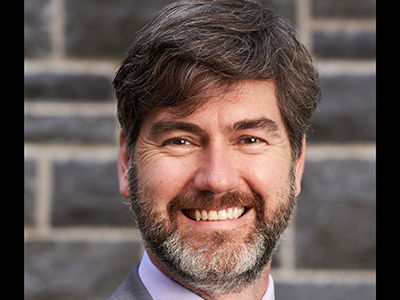
Citation
Prof. Ryan Mulligan has shown exceptional skill, energy, wisdom, and promise for continued leadership in the ocean sciences as a researcher, an editor, and a mentor. These attributes make him ideally suited for the Ocean Sciences Voyager Award.
As a researcher, Ryan has led the way in addressing the enormous challenges in understanding the complex events linking the slow creep of sea level rise with the impact of extreme events in coastal ocean and estuarine environments. Ryan’s research, which combines field observations, lab experiments, and models, has impressive breadth for someone at his career stage, and includes hydrodynamic and geomorphic impacts of major storms, generation and evolution of landslide-initiated tsunamis, and most recently geotechnical processes affecting sediment transport. Furthermore, his results have important implications for coastal communities by indicating needs for coastal protection and infrastructure, and by improving forecasts of hazardous conditions, and already are being incorporated into management decisions.
Ryan also is recognized within the ocean sciences community for his enthusiasm and generosity. As an editor, he tackled every problem with remarkable speed and courtesy. As a mentor, Ryan has motivated a diverse collection of excellent students and has shown exemplary scientific citizenship. He codeveloped the Young Coastal Scientists and Engineers Conference, which facilitates young scientists across the Americas to build networks and support systems. Ryan has advised numerous Ph.D., master’s, and undergraduate students, many of whom were women or underrepresented minorities. The skill, generosity, and energy that marked his efforts as an editor also can be seen in the enormous respect this next generation of scientists has for him.
Ryan’s research and his students are branching out to entwine a network of oceanographers, geomorphologists, paleoresearchers, and natural hazards scientists and engineers. Ryan is showing us that we are not isolated communities. He is leading the next generation to expand diversity of science and culture and people.
In short, Ryan is bringing people together to develop a holistic understanding of processes affecting our coasts. It is our pleasure to recognize his leadership with the 2022 Ocean Sciences Voyager Award.
—Peter Brewer, Monterey Bay Aquarium Research Institute, Moss Landing, Calif.; and Britt Raubenheimer, Woods Hole Oceanographic Institution, Woods Hole, Mass.
Response
I am truly honored to receive the Ocean Sciences Voyager Award. Although AGU is a large organization, I have always felt a sense of belonging in this community and have strived to be a leader in ocean sciences. Thank you, Peter Brewer, former editor in chief of the Journal of Geophysical Research: Oceans, who mentored me as a journal editor. Thank you, Britt Raubenheimer, for leading big collaborative field experiments like the During Nearshore Event Experiment (DUNEX) to improve our understanding of coastal responses to storms. Thank you both for this nomination. Following the examples you have set has helped to lead me on a path of success in ocean sciences.
There is a strong culture of collaboration in our nearshore processes community, starting with the large community experiments at Duck, N.C., in the 1980s and 1990s and continuing with DUNEX. These group experiments prove that working together with other scientists and engineers with different skills leads to more exciting projects and more impactful results. Building a strong network of collaborators and a strong foundation for graduate students is the key to success in coastal research. This is especially true if we can include others with diverse backgrounds and perspectives. I also believe that getting together to discuss ideas at conferences and writing clearly about science in journal articles are the most important and exciting ways of communicating results. I am glad that AGU provides excellent journals and conferences for sharing ocean sciences.
There are others that I feel also deserve an award like this. Thanks to all my colleagues and collaborators for working together. I am grateful to my past and current graduate students, who are so excited to learn about coastal processes and are now the ones making waves. Thank you for honoring me with the Ocean Sciences Voyager Award. I plan to carry momentum from this forward into the future.
—Ryan P. Mulligan, Queen’s University, Kingston, Ont., Canada
Field Photos
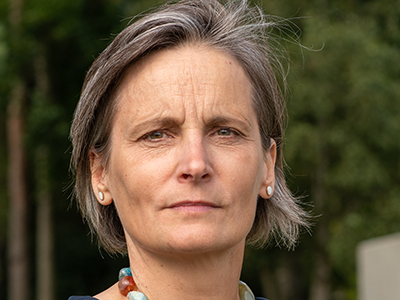
Field Photos
Image credit: Bram Belloni, courtesy of Heineken Prizes
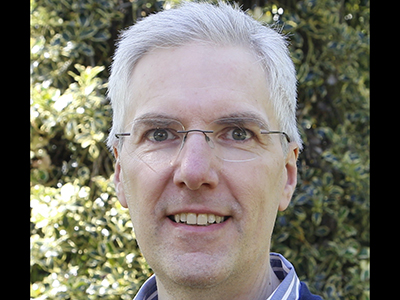
Field Photos
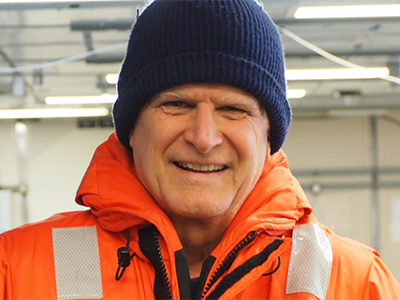
Field Photos
